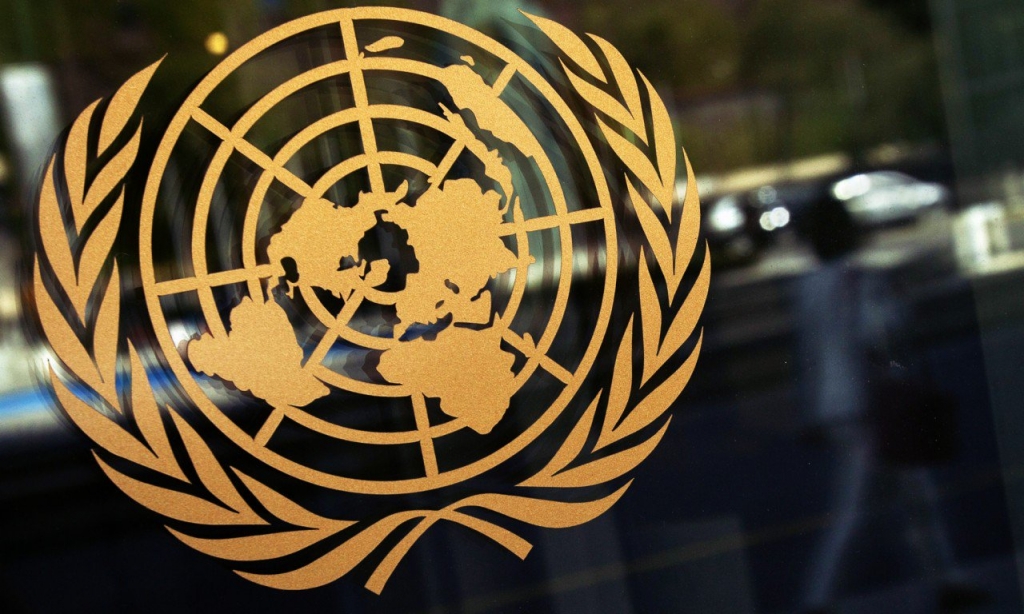Explanation of Vote on a draft resolution on cross-border mechanism of humanitarian assistance delivery to Syria
Mr. President,
The Russian Federation was once again compelled to vote against the draft Security Council resolution on extension of the cross-border mechanism (CBM) of humanitarian aid delivery to Syria, prepared by Belgium and Germany.
The new draft by co-penholders is still the old one with the same one-sided approach and disconnected from the reality on the ground.
We all shouldn’t forget that the mechanism was established in 2014 as an urgent and temporary exceptional measure. There is no doubt that it contradicts the international humanitarian law and undermines the Syrian sovereignty. For the war-torn country this proposal was difficult but necessary compromise to relief the lives of people in need. We repeatedly pointed out to the problems in the work of CBM monitoring system, including its accountability. These problems remain unresolved. Bearing this in mind, our position on the mechanism has always been clear – the gradual closure of the crossing points and phasing out of the whole mechanism based on the assessment of the situation in the country.
Closure of Al Yarubiya last January stimulated cooperation between the UN and the Government of Syria. It allowed to dispatch 4 WHO’s road convoys to the north-east. The most recent one as of 4 July delivered 85 tons of medical supplies from Damascus to Al Hasakah province. Current amount of necessary medical material delivered in total to the north-east just with these 4 convoys overcomes the amount of aid, that was previously delivered to this area by all routes, including through opened Al Yarubiya.
This is what should be fully supported and promoted, instead of continuous reliance on temporary and extraordinary mechanisms.
We definitely cannot ignore the negative impact of sanction regimes, that recently became even more severe for the Syrian people and territories under Government control. It’s a total disregard of the Secretary-General's call for the lifting of universal coercive measures in the context of COVID-19 pandemic. Increased deficit of food, medicines and basic commodities, growth of inflation are its direct consequences. But what’s more important is that in the reality it de-facto made sanctions exemptions void. Humanitarian workers in Syria privately admit these facts but obviously are scared to speak up about it in fear of retaliations.
At the same time, areas beyond the control of the legitimate Syrian authorities fully enjoy the “free of sanctions” regime. Such an approach leads to further isolation of these areas from Damascus, including economic distancing (in Idlib and to the east of Euphrates local authorities started using currencies other than Syrian pound). It inevitably results in rupture of internal connections and disruption of supply chains.
Unilateral sanctions must be lifted and international humanitarian assistance for Syria should be put into universally agreed framework with respect to the UN guiding principles of such aid, as stipulated in the GA resolution 46/182.
If what matters to us all is keeping the flows of humanitarian aid to Idlib through CBM for another year, the new draft resolution presented by Russia should be supported. One year of uninterrupted functioning of CBM, taking into account current epidemiological situation, will be able to guarantee the necessary assistance for inhabitants of the north-west of Syria.
